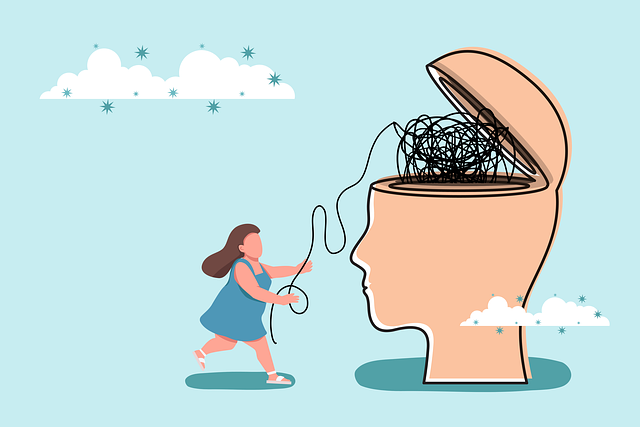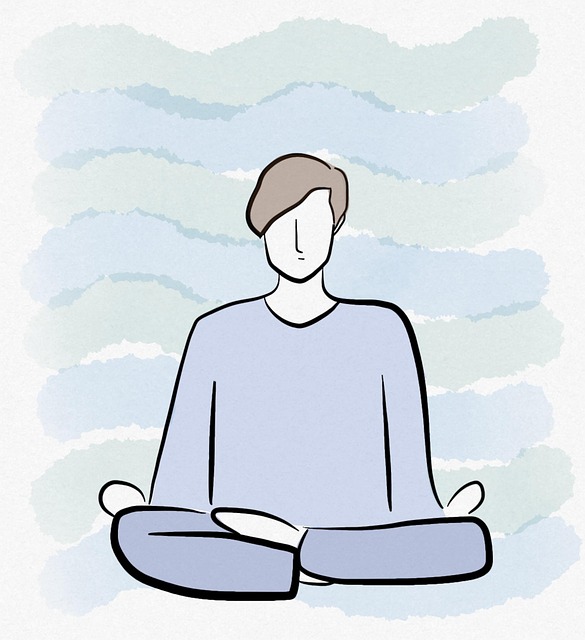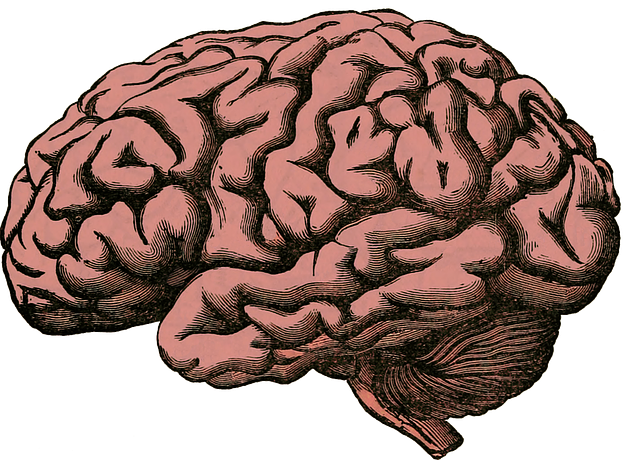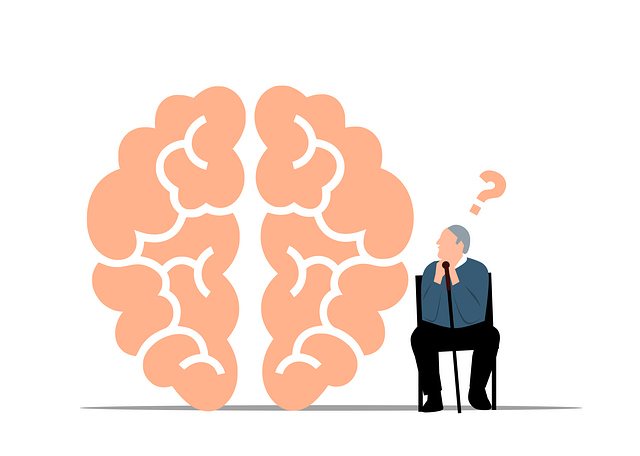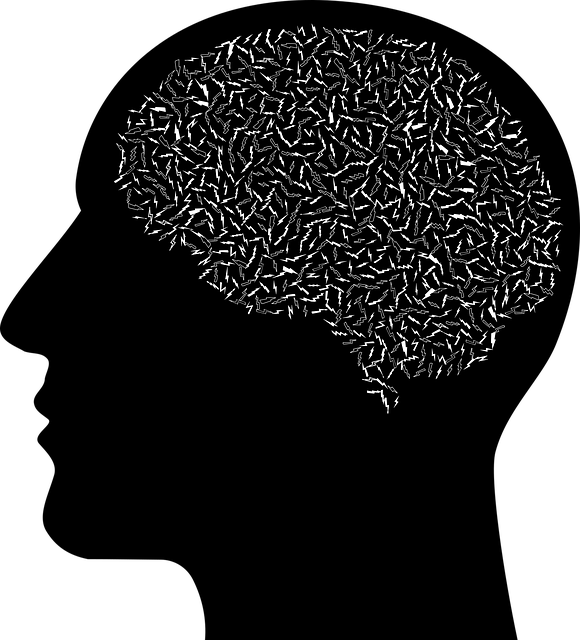Depression among elderly individuals in polyamorous or open relationships requires a specialized approach due to unique emotional and social dynamics. Effective therapy for elders polyamorous and open relationships involves cultural sensitivity, personalized interventions, and safe expression spaces. Early intervention, focusing on mental health within alternative relationship structures, is crucial for well-being. Tailored strategies include mindfulness meditation, community support, education, and burnout prevention for healthcare providers, fostering resilience and stronger connections.
Depression prevention strategies among the elderly, particularly within polyamorous and open relationships, are a critical aspect of mental health care. This article explores unique considerations in recognizing depression in this demographic, offering therapeutic approaches sensitive to cultural nuances and relationship dynamics. We delve into building resilient coping mechanisms for elders navigating non-monogamous arrangements, emphasizing community support and education as key preventive measures within polyamorous and open communities. By examining these strategies, we enhance our understanding of tailored therapy for elders in diverse relationships.
- Recognizing Depression in Elderly Individuals: Unique Considerations for Polyamorous and Open Relationships
- Therapeutic Approaches Tailored to Elderly Populations: A Focus on Cultural Sensitivity and Relationship Dynamics
- Building Resilient Coping Mechanisms: Strategies for Elders Navigating Non-Monogamous Relationships
- Community Support and Education: Fostering Understanding and Preventive Measures for Depression in Polyamorous and Open Communities
Recognizing Depression in Elderly Individuals: Unique Considerations for Polyamorous and Open Relationships

Recognizing depression in elderly individuals who are part of polyamorous or open relationships requires a nuanced approach. While common symptoms like persistent sadness, loss of interest, and changes in appetite may manifest similarly across all demographics, there are unique challenges within these alternative relationship structures. For instance, emotional dynamics and potential social isolation can be more complex, impacting the individual’s mental health in distinct ways.
Therapy for elders in polyamorous or open relationships should incorporate cultural sensitivity in mental healthcare practice to effectively address these concerns. This involves understanding the unique emotional healing processes within these communities, fostering a safe space for expression, and tailoring interventions to strengthen inner strength development. Recognizing and addressing depression early on is crucial to improving overall well-being and quality of life for this demographic.
Therapeutic Approaches Tailored to Elderly Populations: A Focus on Cultural Sensitivity and Relationship Dynamics

Depression prevention among elderly populations requires a nuanced approach that considers cultural sensitivity and complex relationship dynamics. Traditional therapeutic models may need to be adapted to better serve seniors, especially those with non-heteronormative relationships like polyamorous or open unions. Healthcare providers should be trained in empathy building strategies to create safe spaces where elders feel understood and validated, addressing a critical gap in burnout prevention strategies for healthcare providers treating this demographic.
Tailoring therapy for elders involves recognizing the unique cultural beliefs and practices that shape their mental health experiences. For instance, community-based interventions focusing on social connections and intergenerational relationships can be particularly effective. Furthermore, acknowledging and supporting diverse relationship structures fosters a sense of belongingness and can serve as a powerful tool in depression prevention, offering an alternative to more mainstream therapeutic approaches that may not always resonate with elderly individuals.
Building Resilient Coping Mechanisms: Strategies for Elders Navigating Non-Monogamous Relationships

Depression prevention strategies are particularly crucial for elders, especially those navigating non-monogamous relationships. Building resilient coping mechanisms involves a combination of self-care practices and, when needed, seeking professional support like therapy for elders polyamorous or open to exploring new relationships. Mental wellness is enhanced by incorporating mindfulness meditation into daily routines, which can improve self-esteem and promote healthier emotional responses.
Therapy plays a vital role in equipping elders with tools to manage potential challenges unique to their lifestyle choices. By fostering open communication and providing safe spaces to process emotions, therapy for elders in polyamorous relationships enables them to build stronger connections and maintain a sense of balance. Self-esteem improvement is a significant aspect of this journey, as it equips individuals with the confidence to express boundaries and needs within their chosen relationship structures.
Community Support and Education: Fostering Understanding and Preventive Measures for Depression in Polyamorous and Open Communities

In polyamorous and open communities, where relationships often defy conventional norms, recognizing and addressing depression requires tailored approaches. Community support plays a pivotal role in fostering understanding and preventing depressive episodes. Members can create safe spaces for honest discussions about mental health, reducing stigma and encouraging early intervention. Through shared experiences and mutual support networks, individuals facing emotional challenges gain strength and resilience. Educational initiatives focused on mental health awareness are essential; these programs can help community members identify warning signs of depression and promote coping strategies.
Therapy for elders within these unique relationships may involve specialized services that cater to the specific dynamics of polyamorous and open lifestyles. Burnout prevention strategies for healthcare providers, coupled with emotional intelligence-based interventions, can enhance support systems. By integrating mental health education programs designed for these communities, individuals can develop coping mechanisms and build resilience against depression. This holistic approach ensures that everyone receives the necessary tools to navigate life’s challenges, fostering a healthier and more supportive environment.
In addressing depression prevention among elderly individuals with polyamorous or open relationships, a multifaceted approach is crucial. Recognizing unique depressive signs within these communities, providing culturally sensitive therapeutic options tailored to their relationship dynamics, and equipping them with resilient coping mechanisms are essential steps. Furthermore, building community support and educating both the elderly and their networks about preventive measures can foster an environment that prioritizes mental well-being. By implementing these strategies, we aim to enhance the availability of effective therapy for elders in polyamorous and open relationships, ultimately reducing the risk of depression and promoting a healthier, more supportive social fabric.
